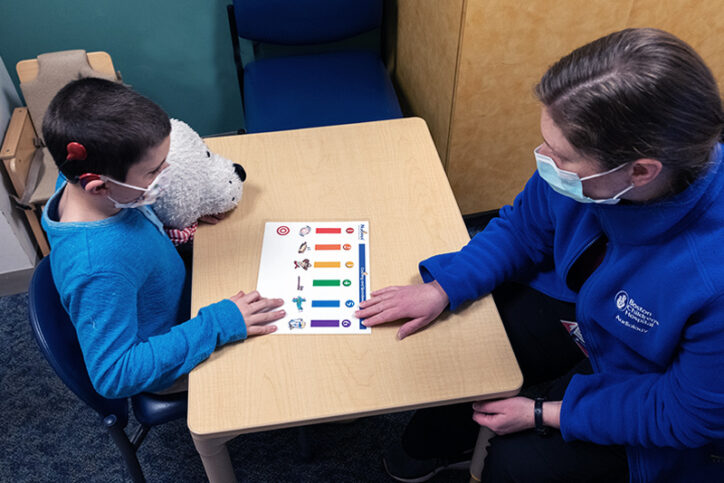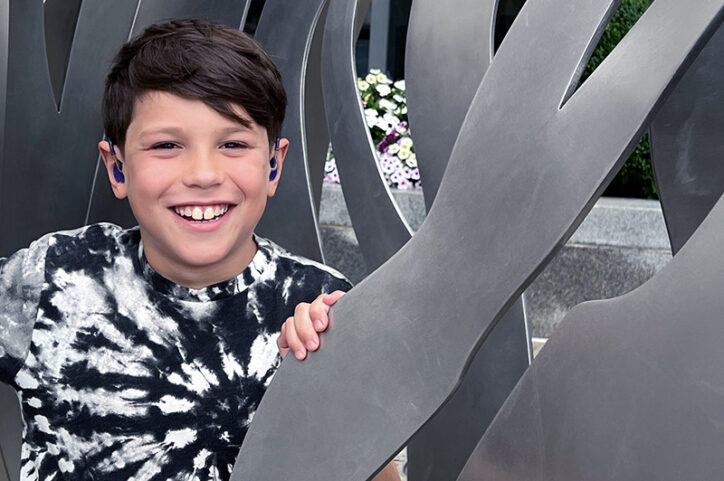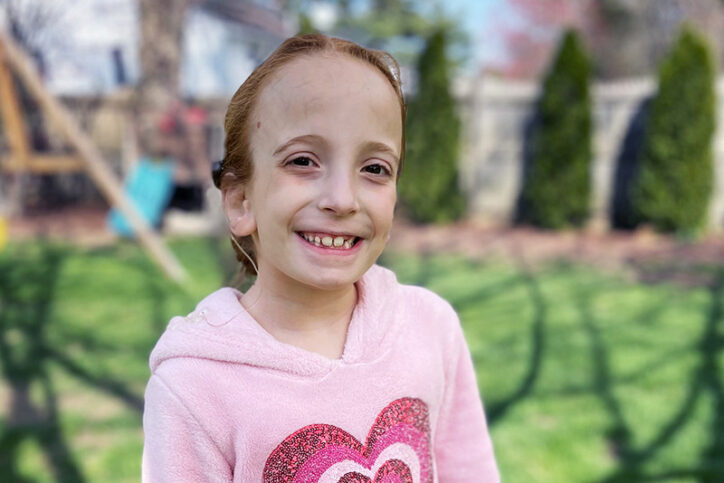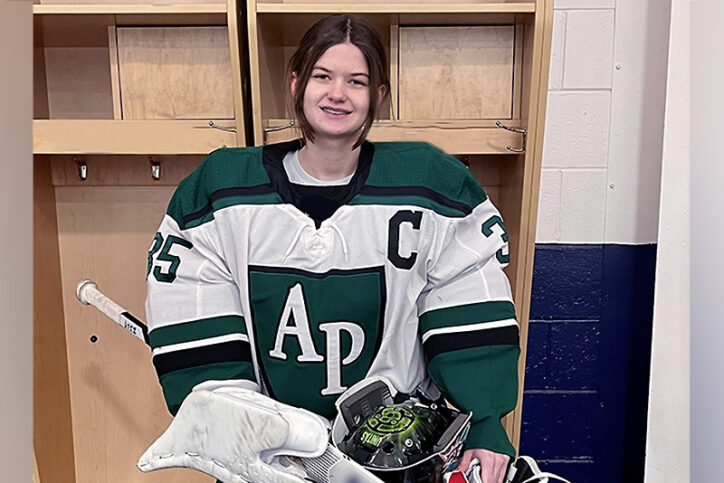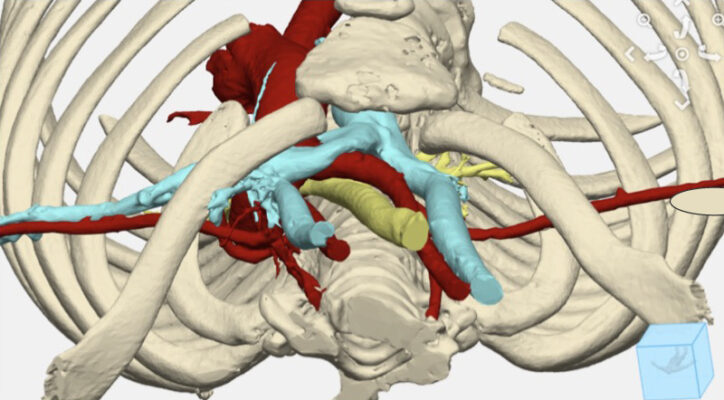Archive for otolaryngology
Mark’s winning pass with cochlear implants
Mark Bradshaw wanted to break out of his parents’ protective shell — as many teens do when they start pushing for more independence. Mark’s parents, however, hesitated. The issue? Mark, who is 15 and has had cochlear implants since early childhood, wanted to play tackle football. Access to sound and language Mark was diagnosed with ... Read More about Mark’s winning pass with cochlear implants
Tagged: hearing, otolaryngology
Beyond expectations: Treating Isaac’s teratoma through an EXIT procedure
Jennifer worked as a hairdresser until just days before delivering her son, Isaac, last December, even though she had planned to stop a week earlier. Beating expectations must run in the family because Isaac has been doing just that since before he was even born. He has amazed everyone around him with how well he ... Read More about Beyond expectations: Treating Isaac’s teratoma through an EXIT procedure
Are cochlear implants an option for my child?
By providing access to sound, cochlear implants have made it possible for children with severe to profound hearing loss to communicate through speech. The devices transmit signals from external processors to the brain via units implanted underneath the skin and small wires connected to the inner ear. “Cochlear implants can be life changing for a ... Read More about Are cochlear implants an option for my child?
Tagged: cochlear implants, hearing, otolaryngology
Learning to speak with the help of a bone-anchored hearing system: Owen’s story
Why does 4-year-old Owen love Ghost Spider? For one thing, her suit has purple highlights. For another, her hand forms the sign for ‘I love you’ whenever she casts a web. These reasons say a lot about Owen: a loving kid who knows American Sign Language (ASL) and whose favorite color is purple. For several ... Read More about Learning to speak with the help of a bone-anchored hearing system: Owen’s story
Tagged: hearing, otolaryngology
How hearing aids opened up a world of sound for Harry
Maybe it’s unusual to bring a musical instrument to an audiology appointment, but that didn’t stop Harry King. When he picked up his new hearing aids from Boston Children’s Hospital, he brought his ukulele. After a procedure to drain fluid from his middle ears the year before, Harry had become obsessed with sounds of all ... Read More about How hearing aids opened up a world of sound for Harry
Tagged: hearing, otolaryngology
Overcoming microtia, atresia, and speech challenges: Braelyn’s story
Eight-year-old Braelyn is a sweet, confident kid who loves everyone, dotes on her little sister Kamryn, does well in school, and never stops moving. Her parents, Danielle and Joseph, are incredibly grateful to see their daughter happy and thriving, especially after the long road it took to get here, including pharyngeal flap surgery and ear ... Read More about Overcoming microtia, atresia, and speech challenges: Braelyn’s story
Tagged: hearing, otolaryngology, plastic surgery
How I hear you: Isabelle’s cochlear implant story
Isabelle is a thriving AP student, hockey player, and online gamer who listens to music and communicates with the help of cochlear implants. When people ask about the devices behind her ears, she responds, “They’re my ears. That’s how I hear you.” Fourteen years ago, when Vicki and Jason learned one of their newborn twins ... Read More about How I hear you: Isabelle’s cochlear implant story
Tagged: cochlear implants, hearing, otolaryngology
A different kind of hearing: Caleb’s cochlear implant
Caleb recently told his mother, “I think I’m going to write my own stories.” This news didn’t surprise his parents, Wendy and Chris. For several years, 8-year-old Caleb has filled notebook after notebook with pictures and stories. His stack of favorite books includes Boxcar Children and The Chronicles of Narnia. But given some of his ... Read More about A different kind of hearing: Caleb’s cochlear implant
Tagged: autism, cochlear implants, hearing, otolaryngology
Reconstructing a chest wall, one virtual step at a time
It takes a village of clinicians and engineers to reconstruct a chest wall. It also takes a lot of 3D modeling. A young girl needed to have her chest wall restructured to stop life-threatening airway obstruction. To ensure the complicated operation would be efficient, Emily Eickhoff, a Boston Children’s biomedical engineer, partnered with a team ... Read More about Reconstructing a chest wall, one virtual step at a time
Life-changing second opinion for laryngeal cleft helps Tyler thrive
When Brittany Browne was in school to become a speech language pathologist, she briefly learned about a type of congenital defect called a laryngeal cleft. “We were told it’s so rare that we’d probably never encounter one in practice and didn’t really need to know about it,” she recalls. Yet years later, as her young ... Read More about Life-changing second opinion for laryngeal cleft helps Tyler thrive
Tagged: laryngeal cleft, otolaryngology




